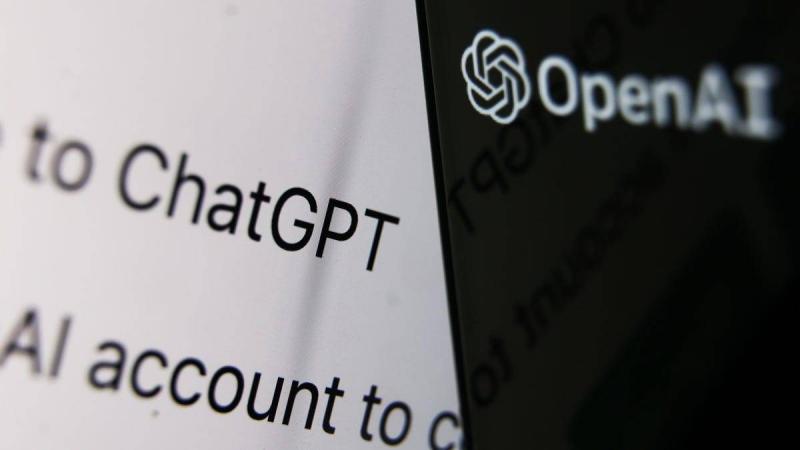As if education needed another setback, the AI program ChatGPT has come along to make matters worse. Although the program is very extensive and not limited to education, its impact on this sector is significant, especially in Lebanon, given our educational struggles. Several universities, schools, and institutes have taken measures to prevent the use of ChatGPT. Can we expect similar measures in Lebanon? Information security and digital transformation consultant Roland Abi Najm believes this is something that cannot be prevented, just as the internet cannot be banned. He stated to MTV: "The worst part is that there is currently no way to control or manage its use, and there is no way to know if a student used ChatGPT for a specific research or to solve a problem. Even after using it, some resort to anti-plagiarism sites to alter the content. As a result, no one is capable of detecting 'fraud' afterward." So, what is the solution for its use in education?
Abi Najm answers: "This is a reality that must be dealt with scientifically and logically. In my opinion, education must adapt to the reality of ChatGPT and the technological developments that we will witness after it, as another competing program is expected to be launched in March. These programs will become more advanced over time, and thus the principle of education must change to fit these developments, not the other way around, meaning that we should not try to prevent them in order to remain in traditional education."
However, applying this is difficult in a country where even traditional education is disrupted. He points out that "regardless of whether education in Lebanon is unable to keep up with the transformations, we have no other solution. It has become a reality we cannot confront, and those who think otherwise are delusional." Nonetheless, several educational institutions worldwide have opted to ban it; could this be a solution?
The principle of blocking and prohibiting websites has never led to results. Blocking this program is not effective because, like all blocked sites, many people still manage to access it, according to Abi Najm, who cites WhatsApp calls as an example, saying: "Despite being banned in some countries, people still use it."
Despite the negatives, these sites could be positive and beneficial for various research. However, the rapid development in the technology world remains frightening, and "I believe that the situation is going from bad to worse, and in my opinion, the fear is still minimal compared to what awaits us in the future," Abi Najm concludes.




